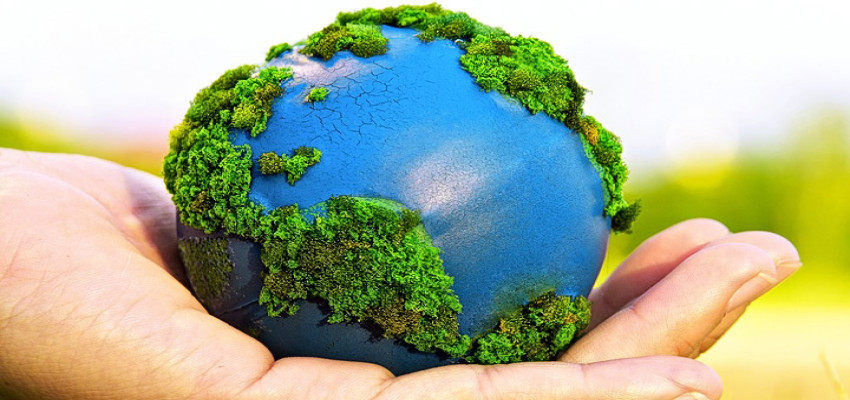
Heatwaves and air pollution are two major challenges facing the world. Heat Waves and Air Pollution are inextricably linked. Heat plays an important role in worsening air quality.
According to a report by the World Meteorological Organization (WMO) the climate change is increasing the intensity and frequency of heatwaves.
The report, the 2023 WMO Air Quality and Climate Bulletin, underscores the interconnectedness of climate change and air quality, calling for integrated solutions to address both challenges.
Below are the key findings of the report:
- Climate change is increasing the frequency and intensity of heatwaves
- This trend is expected to continue in the future.
- Growing scientific consensus says that heatwaves will increase the risk and severity of wildfires.
- Smoke from wildfires contains pollutants that affects air quality, health and damages plants, ecosystems and crops – and leads to more carbon emissions and so more greenhouse gases in the atmosphere.
Key Takeaways
- The summer of 2022 was the hottest on record in Europe
- The ozone air quality guideline level of World Health Organization is100 μg m–3 for an 8-hour exposure.
- Heatwaves and dry conditions are conducive to wildfires which, once started, grow rapidly as they encounter dry, easily combustible vegetation. Such situations can lead to an increase in aerosol emissions.

